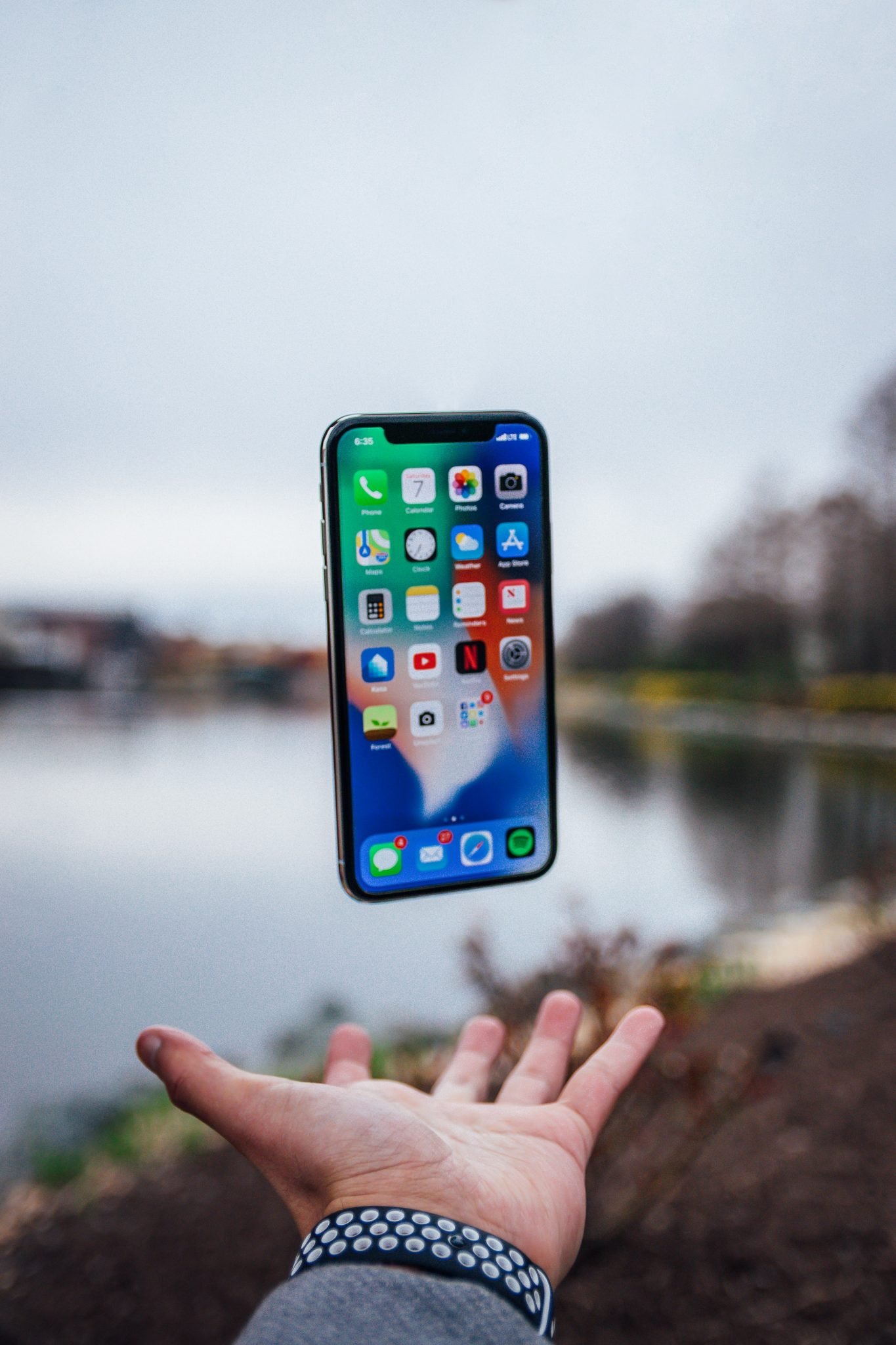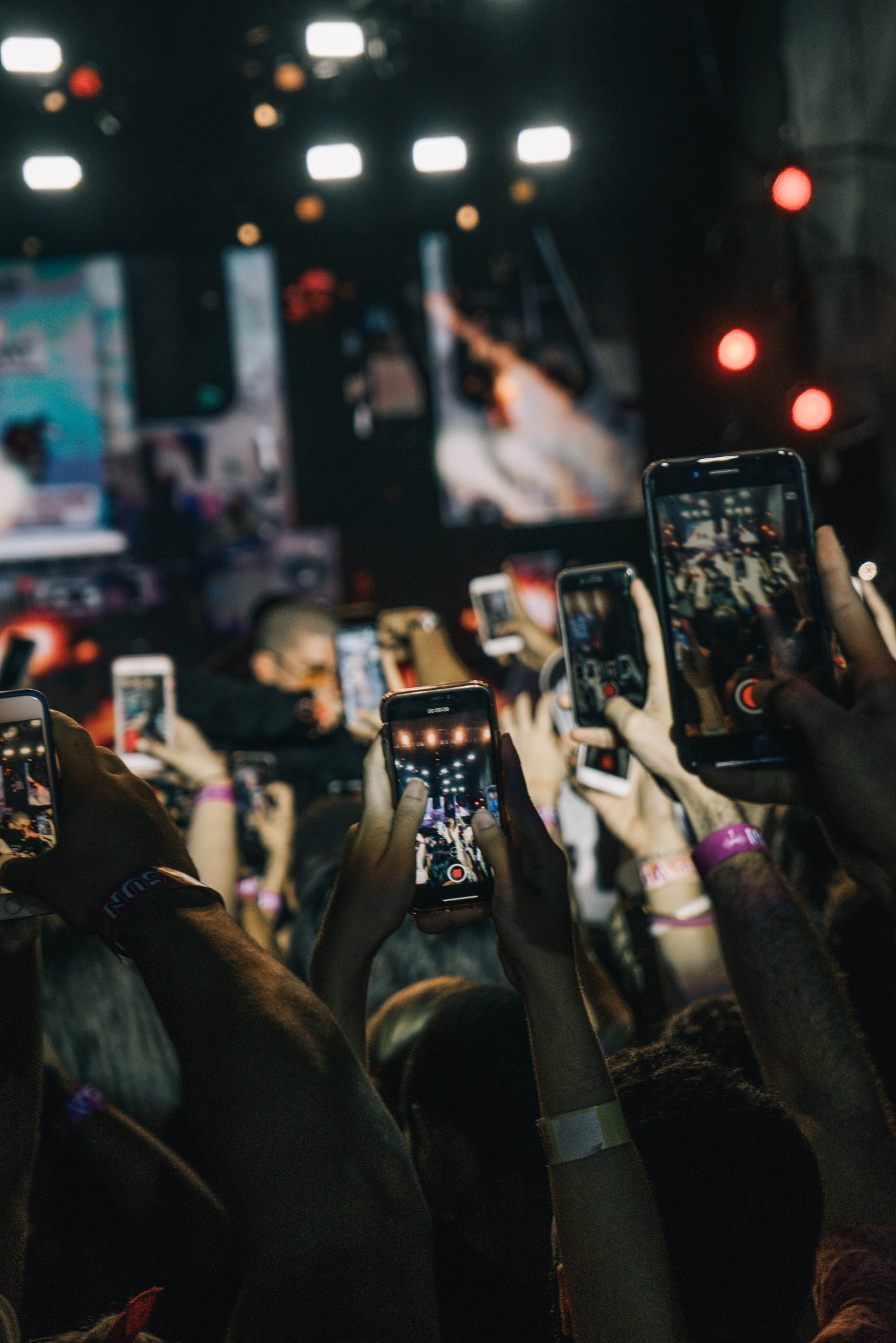The use of smartphones has a lot of benefits in both our work and social life, but their excessive use can interfere with essential aspects such as school, work, and relationships.
Smartphones bring fun activities such as playing video games and socializing with friends at our fingertips, and we may end up being too used to it up to the point when we can’t spend a few minutes without checking on our phones.

In the 21st Century, many of us use technology for travel, commuting, work, and staying connected to other people. With the rise of social media influencers as a profession, these people often have to be on their phones every day. Smartphone addiction is not necessarily tied to smartphones, but they act as a platform for accessing the internet, games, and apps.
Causes & effects of phone addiction
The size of smartphones fuels addictions as we have them anywhere we go including when we’re in bed. Our social interactions through the internet and the rewarding aspects such as likes and comments trigger the release of dopamine— which brings about the feel-good effect. Some people may build a tolerance to some of the pleasures, meaning they have to take more time scrolling their smartphones to have the same pleasurable reward.
As everything seems to be happening at a fast speed, social media sites like Twitter and Instagram can also cause many people to use their phones every day so they can keep up to date with the latest news and trends.

The excessive use of smartphone use can be a result of other underlying issues such as anxiety, stress, loneliness and depression. There are also vice-versa situations where the problems come as a result of heavy smartphone use. For example, if you use your smartphone as a tool for relieving your anxiety, loneliness and stress, you will only succeed in cutting yourself off from others. The continual heavy phone usage can deny you face-to-face interactions that can help you connect with others, fight anxiety and boost your moods.
Who is most at risk?
Unlike other issues like drugs addiction and the issue of problem gambling, phone addiction is most common among adolescents. Excessive cell phone peaks during teen years and declines gradually, and the problem is more likely for teens who acquire smartphones at a much younger age. The addictive activity for girls is mainly social interaction, while boys will most likely have an interest in gaming.
Some personality traits like low impulse control and low self-esteem have also been associated with excessive phone use, but it is not yet clear whether it is the conditions themselves that make people vulnerable to problematic phone use, or whether it is phone addiction that causes these conditions.

What are the common symptoms of phone addiction?
Phone addiction is not about the amount of time you spend on your phone, the number of messages you send or receive, or the frequency you check for updates. You are considered as a phone addict if phone use absorbs so much of your time to the point of neglecting your school, work, face-to-face relationships and other vital aspects of life. If you find yourself frequently checking your phone when in class or when driving, then you should be worried as it may lead to more problems. Below are some of the warning signs of smartphone overuse.
- Trouble completing your tasks: If you find work piling up at home or in the office because you are busy chatting online, chatting or playing video games.
- Less face-to-face interactions: Phone addicts spend much time on the phone or frequently lose track of what is being said because they are always checking the phone. Some people may also feel that no one in real life understands them better than their online friends.
- Hiding to use your smartphone: You should reassess your smartphone use if you frequently sneak to a hidden place to use your phone or if you lie about the time you spend online.
- Fear of missing out: Another sign that you are becoming addicted to your phone is the fear of missing out on the latest information, new music releases, updates from friends, and new news stories, if you don’t regularly check your phone. This fear results in more need to frequently check your phone, including getting up at night to check your phone.
- Feeling dread, panic and anxiety: Perhaps if you leave your smartphone at home or battery runs down, you might feel a sense of worry. You may be addicted if you cannot concentrate at work if you don’t have your phone close to you.
How can we beat phone addiction?
There are a few steps you can take to take control of your smartphone and internet use. You can initiate some of the self-help methods, but it would be better if you find the help of others such as family, friends or professional therapists. The first step is identifying your problem area and the triggers that make you use your phone more. You can use apps to track your phone usage and use the information you get to formulate ways to curb your unwanted addiction habits and have full control of your phone usage again.







